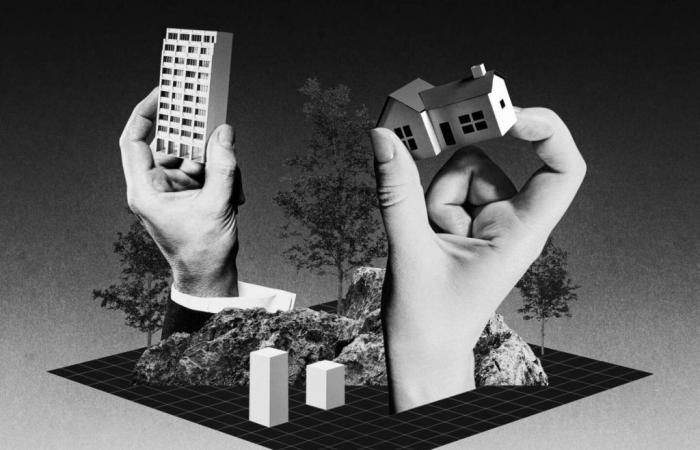Hacène Belmessous is an independent researcher and writer. He focuses his research and social surveys on the city. Latest books published: Paris is no longer a party (Urban Voices, 2024), A brief political history of the working-class suburbs (Syllepse, 2022), The Hate Labs. Investigation into the hidden face of municipal frontism (Demopolis, 2019), The Greater Paris of social separatism (Post-Editions, 2015).
In living practices, urbanity is a particular way of negotiating relationships with others and, consequently, an ability for social and cultural integration. What remains of these ambitions today?
There is no shortage of good intentions, we see this in every electoral campaign. However, on what scale do we place living together? On the scale of a building, a street, a neighborhood? It is not enough to build buildings, or to develop a public or private space to establish living together. However, what do we observe in reality? Today’s city only exists if it has economic output. Town planning has become a co-constructed affair between public and private actors and no longer answers these central questions: what type of relationships exist between individuals? What collective destiny do we want to put in place to create a community? Also, questioning town planning incidentally means questioning the future of the public city.
From 1940, the Vichy regime stripped the municipalities of their power in matters of town planning and entrusted it to the general delegation for national equipment, the future ministry of equipment. What is the scope of this decision which makes institutions guarantors of the general interest?
To this extent, I see a distrust of the capacity of individuals to create collective destiny locally. The State is the guarantor of the national interest. It affirms a republican position by ensuring a form of equality of access to the territory, of equality between cities. However, he is no longer the guarantor of the social contract. Let us ask ourselves: can we make the city public when the lever of the economy is a capitalist spring? The answer is obviously no, the facts prove it. The State cannot guarantee the general interest when particular interests dominate the public space.
This article is taken from “Special Issue Le Monde: Let’s reinvent the city”September 2024, on sale at kiosks or on our store website.
You have 88.14% of this article left to read. The rest is reserved for subscribers.







